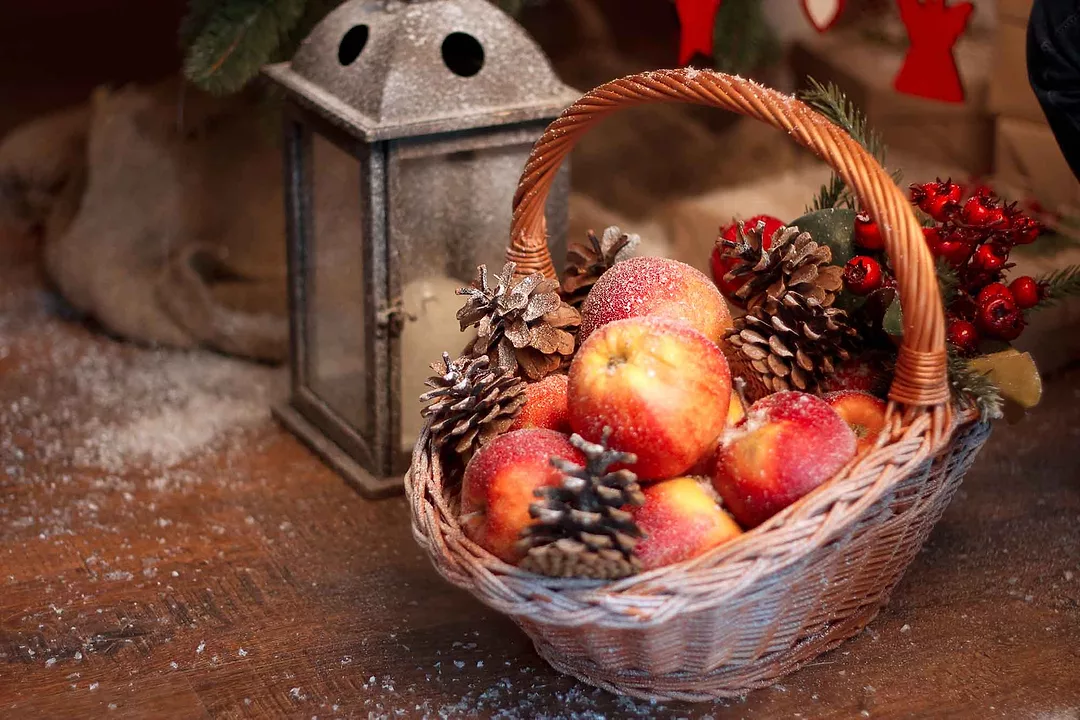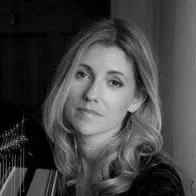QUESTIONS
1. As the holiday season approaches, you may find yourself venturing into the blustery days of winter for celebrations or shopping. In his essay “A Winter Walk,”
Henry David Thoreau wrote that on “the coldest day…in winter,” a healthy man carries:
A. A flask of hot cider
B. Heated potatoes in his mittens
C. Summer in his heart
D. Self-respect and heroism
E. A squirrel muffler
Click to show the answer
A. A flask of hot cider
B. Heated potatoes in his mittens
C. Summer in his heart
D. Self-respect and heroism
E. A squirrel muffler
Answer: C. Summer in his heart. Partial credit if you guessed “Self-respect and heroism”—that appears in Thoreau’s essay “Walking.”
2. According to Henry David Thoreau, what was “the treasured wealth of the world and the fit inheritance of generations and nations?”
A. Apples
B. Books
C. Nature
D. Solitude
E.
A washboard (for the special woman in your life)
Click to show the answer
A. Apples
B. Books
C. Nature
D. Solitude
E. A washboard (for the special woman in your life)
Answer: C. B. Books. Thoreau wrote this in his 1854 book Walden; or, Life in the Woods (Chapter 4, “Reading”).
3. Do you ever regift your own things? In 1853, why might Thoreau have wanted to give you a book (or several) from his own library?
Click to show the answer
Answer: As Thoreau wrote in an October 28, 1853 journal entry: “I have now a library of nearly 900 volumes, over 700 of which I wrote myself.” He was referring to the unsold copies of his first book, A Week on the Concord and Merrimack Rivers (published 1849). Thoreau had paid to print 1,000 copies, but sales were slow, and the printer insisted he remove the unsold stock. Thoreau rented a cart, brought the books home to Concord, and stored them in his family’s attic.
4. In his book Tablets, Bronson Alcott (the father of Louisa May Alcott) wrote that “good books, like good ______, are few and chosen; the more select, the more enjoyable.” What is the missing word?
A. Apples
B. Students
C. Conversation
D. Friends
E. Dreams
Click to show the answer
A. Apples
B. Students
C. Conversation
D. Friends
E. Dreams
Answer: D. Friends. Although, as a teacher, Bronson Alcott probably also appreciated good students.
5. In his essay “Gifts,” Ralph Waldo Emerson says the “genius and god of gifts” is:
A. Apples
B. Friendship
C. Letters
D. Short visits
E. Love
Click to show the answer
A. Apples
B. Friendship
C. Letters
D. Short visits
E. Love
Answer: E. Love
6. In the opening chapter of Mosses from an Old Manse, what gift did Nathaniel Hawthorne say was a heavy imposition on a feminine nature?
A. Apples
B.
Multi-gabled houses with more corners to dust
C.
Intellectual power
D.
Old friends with vendettas and excellent memories
Click to show the answer
A. Apples
B. Multi-gabled houses with more corners to dust
C. Intellectual power
D. Old friends with vendettas and excellent memories
Answer: C. Intellectual power. Hawthorne rented the Old Manse from 1842–1845 and found it a place of peace. In describing visitors who could benefit from rest there, he wrote that it was good for those “on whose feminine nature had been imposed the heavy gift of intellectual power, such as a strong man might have staggered under.”
7. What did Henry David Thoreau give as a wedding gift to Nathaniel Hawthorne and his wife Sophia when they moved into the Old Manse?
A. Apples
B.
A map of walking trails around the Old Manse
C.
A garden
D.
A book of poetry
Click to show the answer
A. Apples
B. A map of walking trails around the Old Manse
C. A garden
D. A book of poetry
Answer: C. A garden. Although the garden required work, Hawthorne appreciated the gift. He wrote in Mosses from an Old Manse: “My garden, that skirted the avenue of the Manse, was of precisely the right extent. An hour or two of morning labor was all that it required. But I used to visit and revisit it a dozen times a day, and stand in deep contemplation over my vegetable progeny with a love that nobody could share or conceive of who had never taken part in the process of creation.”
8. Try your memory! Complete this opening line from a famous book
written in Concord: “Christmas won’t be Christmas without any ______.” Bonus: Which character said this, in what book, by which author, and in what year was it published?
Click to show the answer
Answer: Presents. The line “Christmas won’t be Christmas without any presents” was “grumbled by Jo” March in the opening of Little Women by Louisa May Alcott, published in 1868.
9. The holiday season brings to mind sweet treats. But the short story
Candy Country was anything but sweet—featuring sentient gingerbread slaves, volcano ovens, and resurrection funerals
for sugar-people. Who was the author
of this story?
A. Louisa May Alcott
B. Harriet Lothrop
C. Gregory Maguire
D. Nathaniel Hawthorne
Click to show the answer
A. Louisa May Alcott
B. Harriet Lothrop
C. Gregory Maguire
D. Nathaniel Hawthorne
Answer: A. Louisa May Alcott. It’s a wicked tale (but not that Wicked). In Candy Country, a little girl named Lily is whisked away by the wind to a sugar-based land whose inhabitants are made entirely of candy. However, the story quickly takes a dark turn as Lily starts to eat her way through the population.
10. In the 1800s, a particular dessert (such as one Louisa May Alcott
read about in Charles Dickens’ A Christmas Carol) was often made in a copper pot, doused in alcohol, and garnished with a sprig of holly. If the pot had not been properly maintained, copper might leach into the dessert, causing unfortunate gastrointestinal distress—and a lack of friendship toward the cook. What was the dessert called?
Click to show the answer
Answer: Christmas pudding. No matter the aftereffects, you’d hope people remembered it was the thought that counted—and best of all, some recipes included apples!
Contact Barrow Bookstore for a list of sources. Barrowbookstore@gmail.com.
————————————————————————
For more than 50 years, Barrow Bookstore has been a favorite of residents and visitors alike, specializing in Concord authors and history, children’s books and literature. The shop also provides a wide array of gently read and rare titles ranging from paperbacks to first editions and original manuscripts. Staff members have all worked as tour guides and reenactors in Concord and are happy to share their knowledge about the town and its history. Discover more at barrowbookstore.com.


